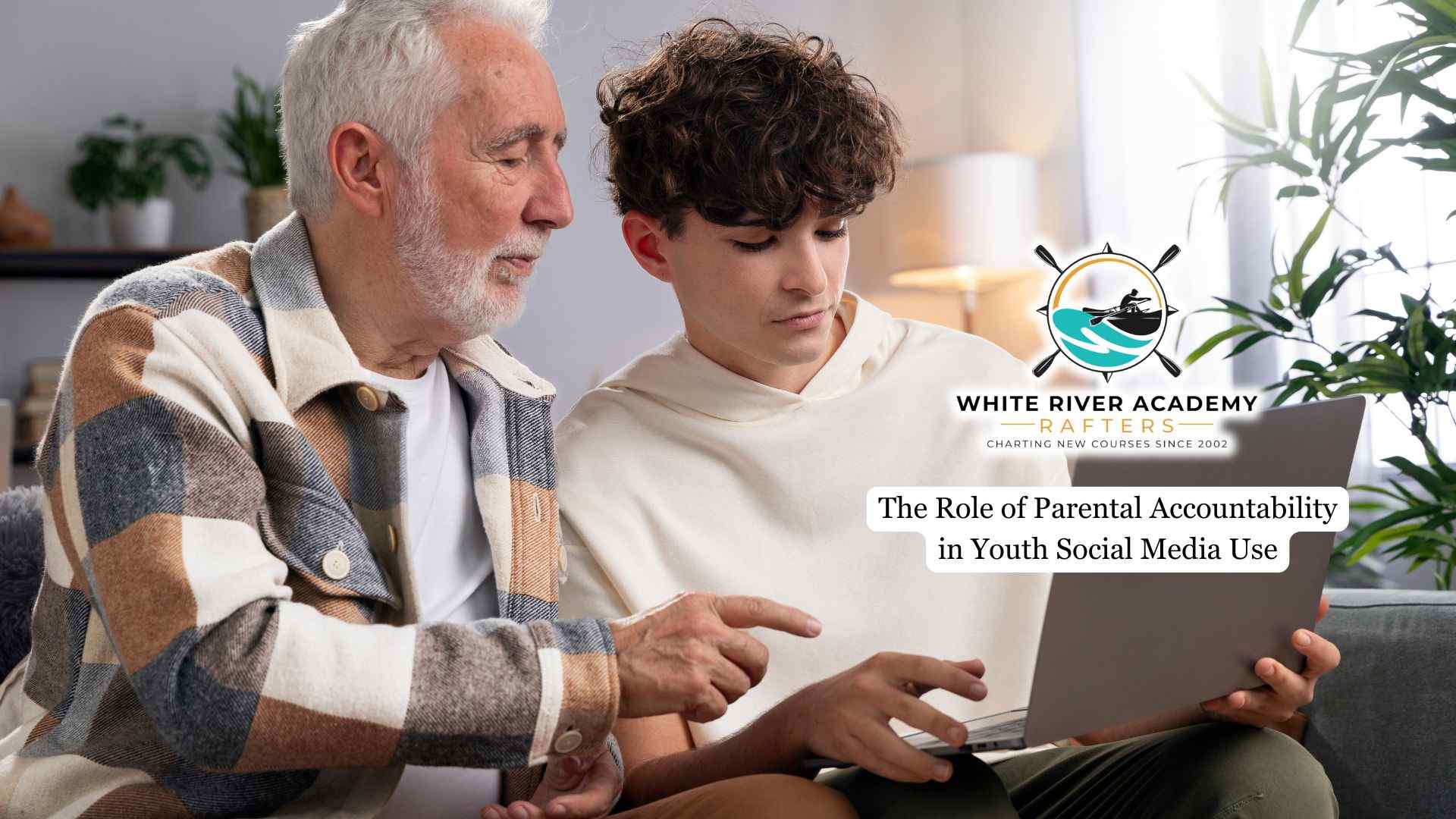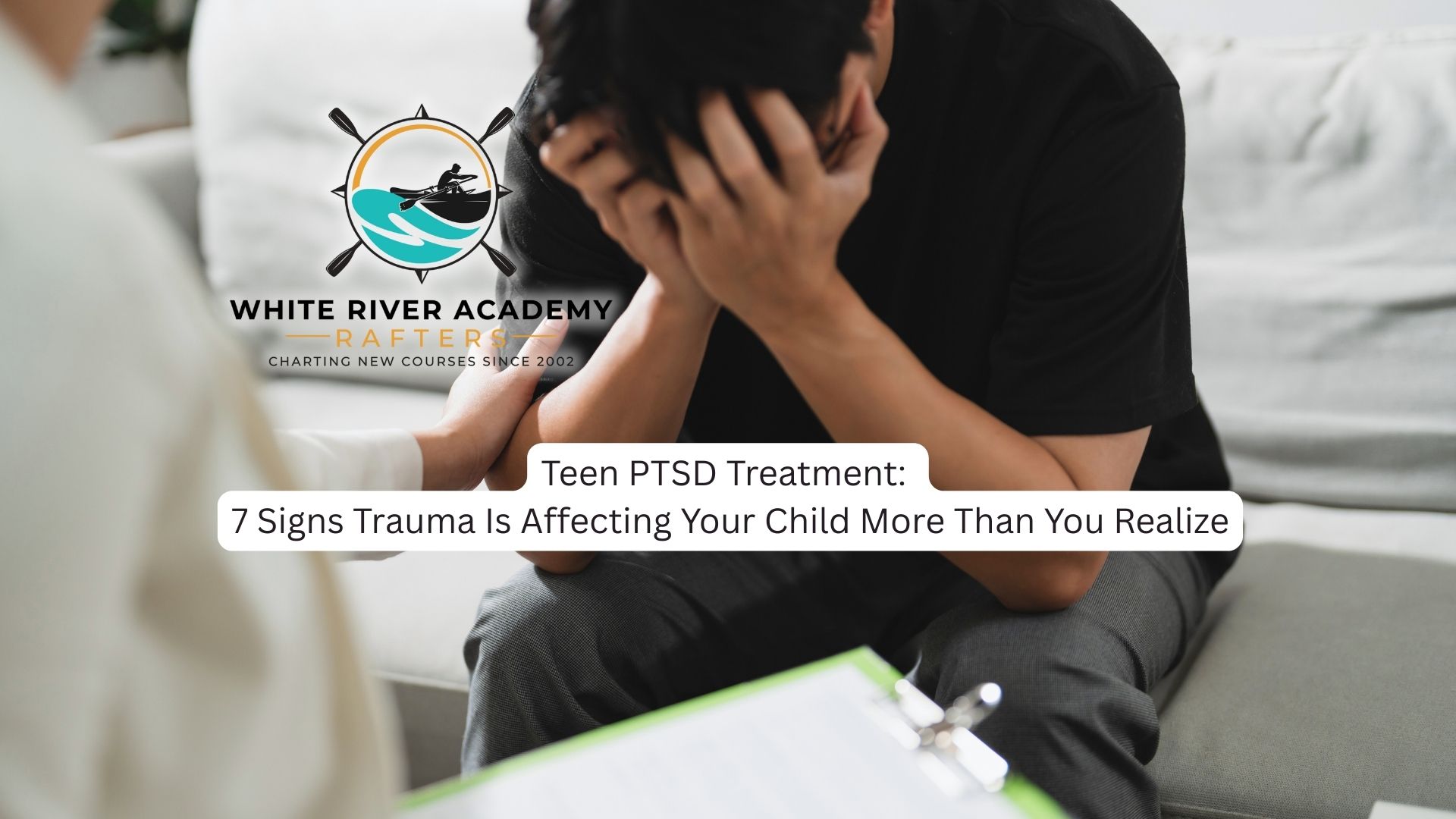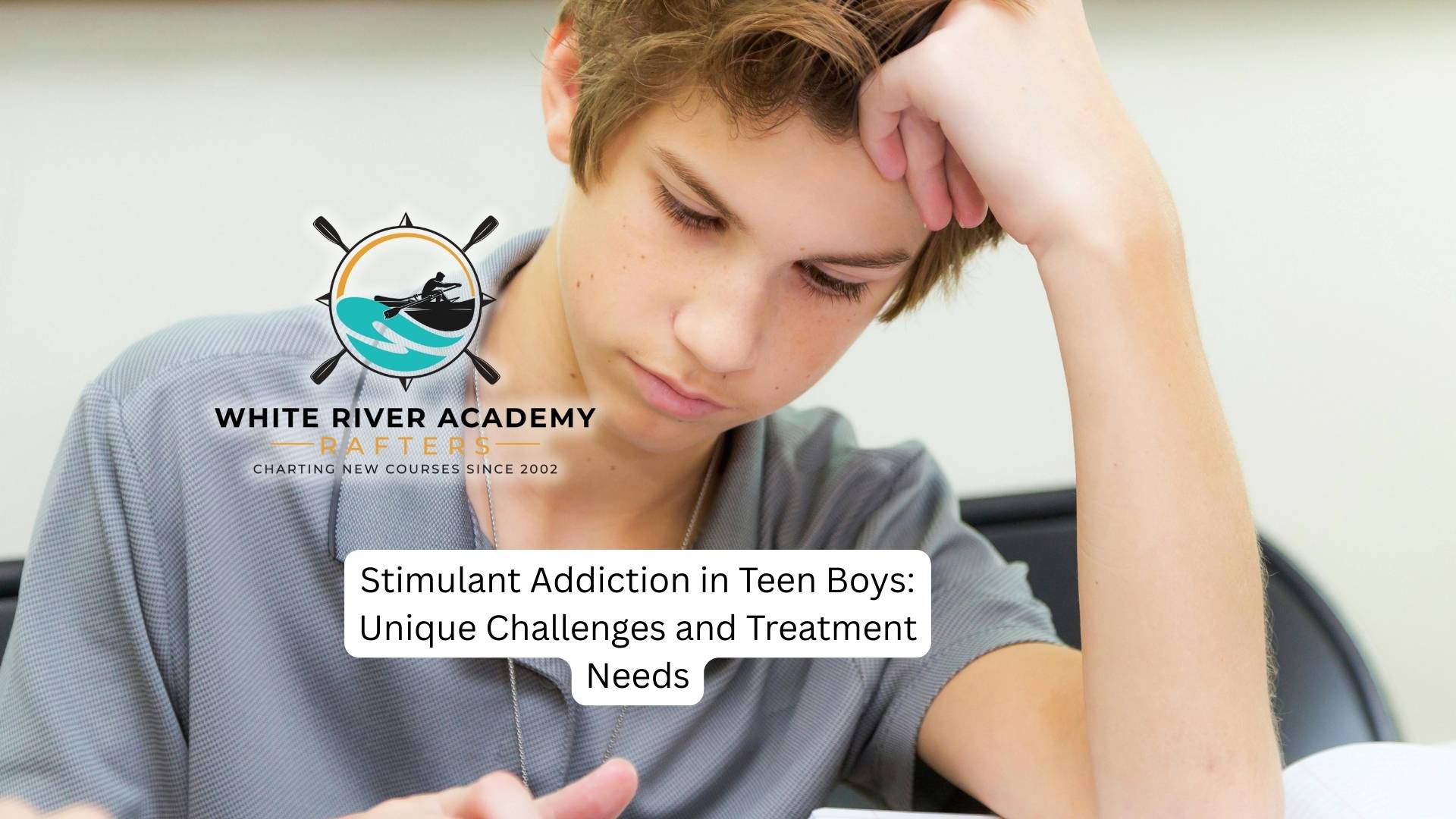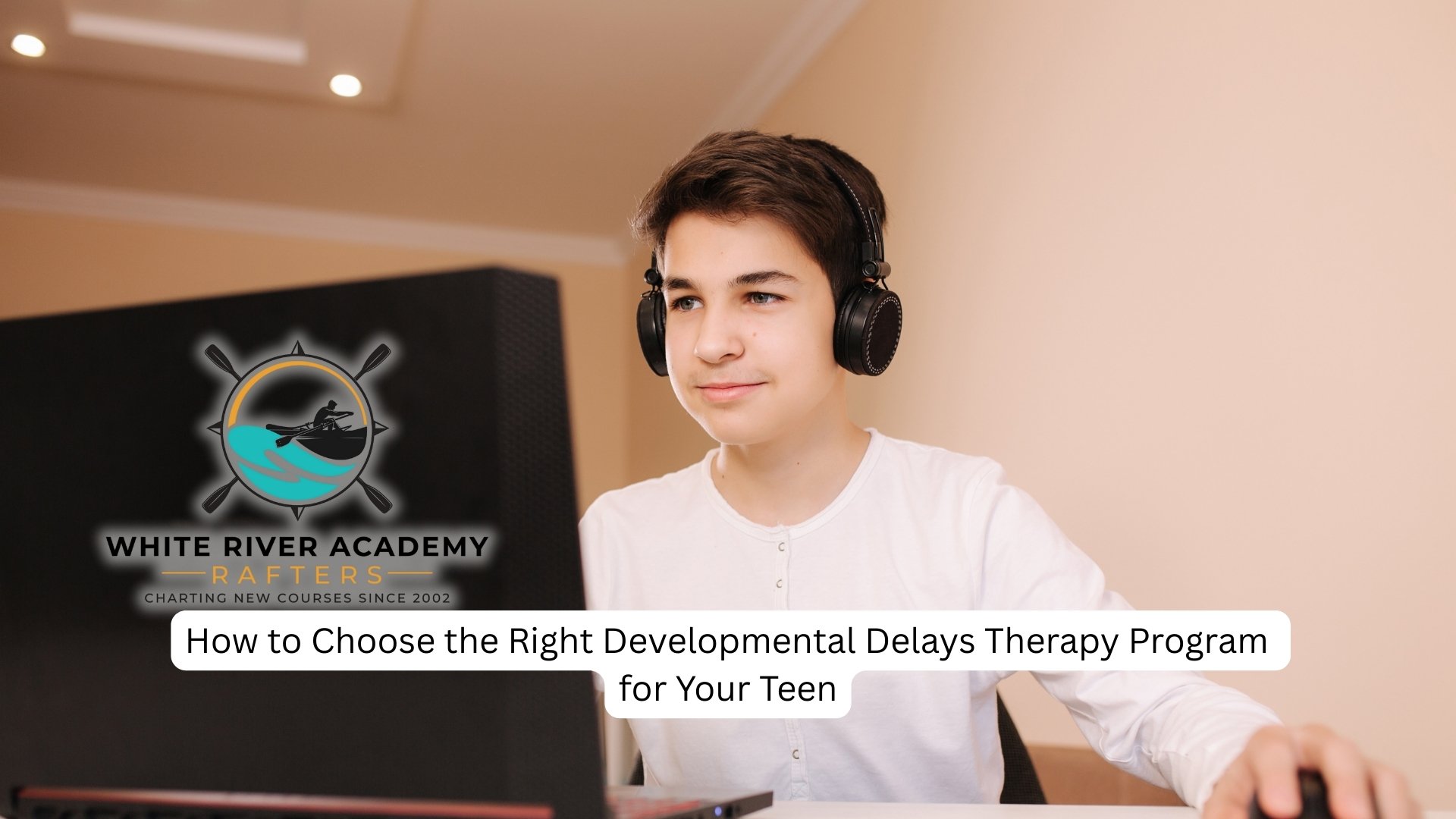Social media has become an essential part of youth culture, providing unparalleled opportunities for connection, creativity, and self-expression. However, this digital landscape also presents unique challenges and potential risks for young users.
This article will explore the multifaceted role of parental accountability in youth social media use, offering insights into effective strategies, common challenges, and the long-term impact of parental involvement on children’s digital well-being.
Education and Awareness
By staying up-to-date with the latest social media trends and platforms, parents can engage in meaningful discussions with their teenagers about online safety, privacy concerns, and appropriate behavior.
Active parental mediation, which includes open communication, setting boundaries, and co-viewing content, is associated with more positive outcomes for adolescents’ social media experiences.
When parents model healthy digital habits and regularly check in with their teens about their online experiences, they create an environment where their children feel comfortable discussing their social media interactions.
Furthermore, parental involvement in digital literacy programs and collaboration with schools can further enhance teenagers’ understanding of responsible social media use.
For parents of troubled young men who are struggling with social media-related issues, specialized support and guidance can be invaluable.
Setting Boundaries
Establishing well-defined, age-appropriate rules enables adolescents to grasp the anticipations and boundaries related to their social media participation. These limits may encompass restrictions on screen time, guidelines for suitable content sharing, and expectations for online interactions.
Parents should include their teenagers in the process of developing these rules, nurturing a sense of responsibility and comprehension. Implementing a family media plan can assist in structuring social media usage, allocating technology-free areas and periods within the home to promote in-person interactions and sustain a balance between online and offline activities.
Consistently enforcing these boundaries, while maintaining enough flexibility to adapt to evolving situations, aids teenagers in developing self-regulation abilities.

Active Monitoring and Engagement
Parents who actively monitor their children’s social media activities are better equipped to identify potential risks, such as cyberbullying, inappropriate content, or harmful relationships.
Engagement can take various forms, including following or friending teens on social platforms, regularly discussing online experiences, and co-viewing content together.
This level of involvement enables parents to provide real-time guidance, offer support when needed, and help interpret complex social situations that arise online. However, it’s essential to balance monitoring with respect for teens’ privacy and growing need for autonomy.
Establishing Healthy Digital Habits
Parents can set a strong example for their teenagers by demonstrating mindful engagement with their own devices and social media accounts. This includes setting aside dedicated tech-free times, practicing digital etiquette, and showing discernment in sharing personal information online.
Parents can help teens develop a healthy relationship with social media by encouraging activities that promote face-to-face interactions and physical well-being, such as family outings, sports, or creative pursuits.
Establishing routines that prioritize sleep, homework, and family time over constant social media engagement helps teens maintain a balanced lifestyle. Parents can also guide teens in curating their social media feeds to include positive, inspiring content and teach them to recognize and limit exposure to harmful or negative influences.
Addressing Specific Concerns
Parents should stay alert for indications of potential dangers, such as online bullying, encountering unsuitable material, or unhealthy online relationships.
Having frequent check-ins and fostering open dialogue about their teen’s digital experiences allows parents to offer timely advice and assistance when necessary.
Parents should also be mindful of the possible effects of social media on their teen’s emotional well-being, watching for symptoms of anxiety, depression, or poor self-image, especially among teenage girls.
Final Thoughts from White River Academy
By selecting a program such as White River Academy, parents can provide their sons with a structured environment and professional support. This can help them develop healthier relationships with technology and social media. The academy’s emphasis on personal growth, accountability, and life skills can provide young men with the tools they need to make responsible choices, both in their digital lives and beyond.




